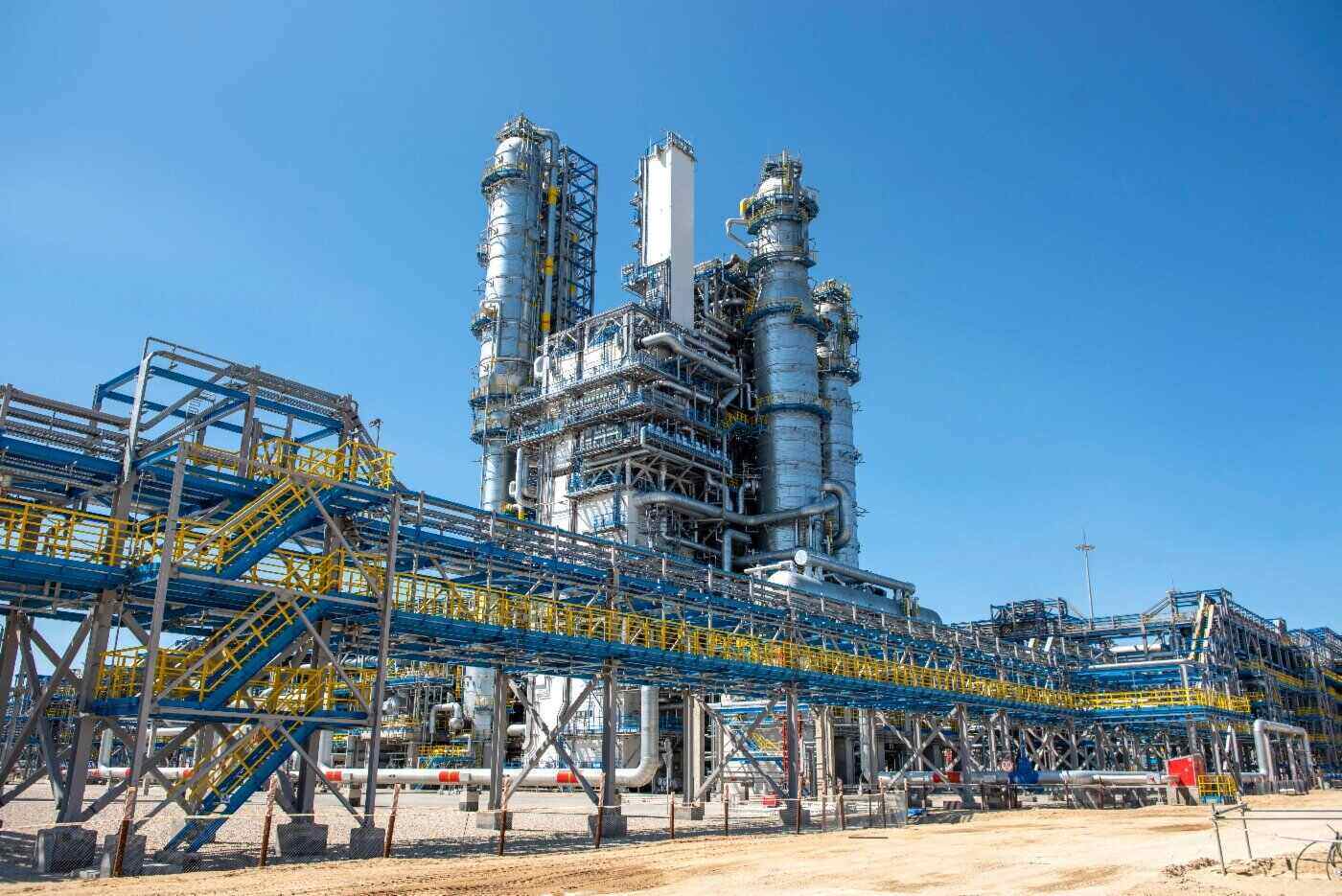This is the opinion of Polish Minister of Climate and Environment, Ms. Paulina Hennig-Kloska, in an interview with RMF radio.
When asked by journalist Mateusz Kuharczyk about the possibility of Russian gas returning to Europe, Ms. Hennig-Kloska said: "The European Commission has made a preliminary decision on this issue. We are implementing as planned to completely end imports of fossil fuels and energy sources from Russia. EU countries are satisfied with that roadmap. Therefore, even if Mr. Trump buys back Russian shares in the gas pipelines, he cannot sell that gas in the European market."
On May 9, Reuters reported that a Kremlin official confirmed that Russia and the US are discussing the issue of Russian gas exports to Europe.
Russian gas exports to Europe fell sharply after the Nord Stream and Nord Stream 2 pipelines under the Baltic Sea were destroyed in 2022. Earlier this year, Russian gas flows through Ukraine were also stopped due to Kiev's refusal to extend the transit contract.
US President Donald Trump is pushing for peace efforts in Ukraine, opening up the possibility of healing relations in the gas sector between Russia and Europe.
According to 8 sources with expertise, US and Russian officials have held talks on how the US can help restore Russian gas sales to Europe.
Some sources familiar with the negotiation process believe that restoring Russia's role in the EU gas market could be part of a peace deal for the Russia-Ukraine conflict.
So far, negotiations have discussed whether US investors hold a stake in the Nord Stream pipeline connecting Russia and Germany, or in the pipeline running through Ukraine or even in Gazprom. US companies can also act as buyers and purchasers of gas from Gazprom and transport to Europe.

When asked whether a resumption of Russian gas exports was being discussed, senior Kremlin assistant Yury Ushakov confirmed: "We are raising this issue with the US side."
Europe reduced imports of Russian gas after the conflict in Ukraine broke out in 2022. Since 2022, Europe has shifted to other gas suppliers, including LNG purchases from the US.
Russia currently supplies 19,9% of Europe's energy needs, down from 40% before the conflict, mainly liquefied natural gas (LNG) and gas transported through Turkey via the TurkStream pipeline.
European countries continue to buy gas, including Hungary and Slovakia - receiving gas via the TurkStream gas pipeline. Belgium, France, the Netherlands and Spain buy LNG from Russia's Novatek under long-term contracts.











